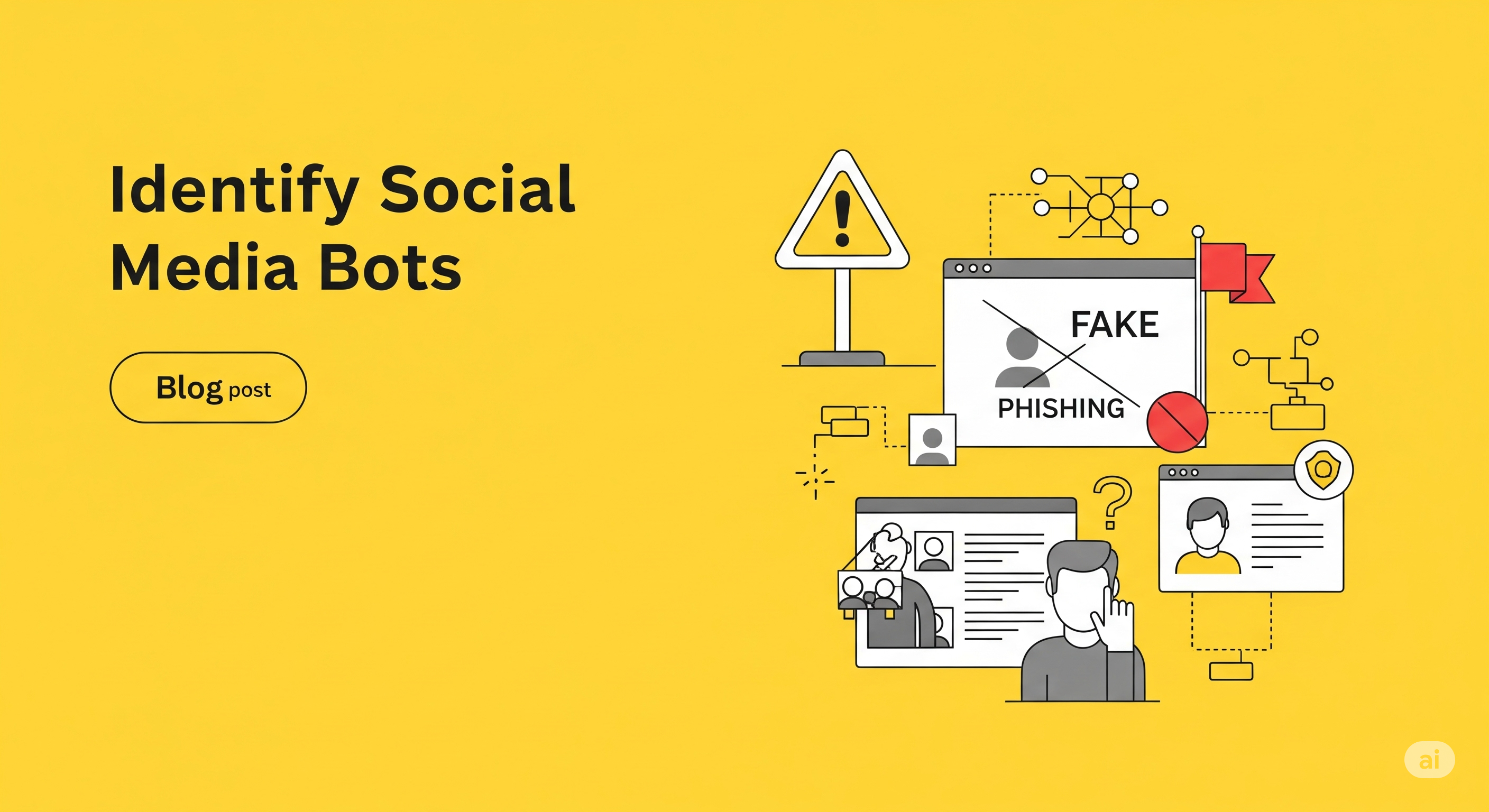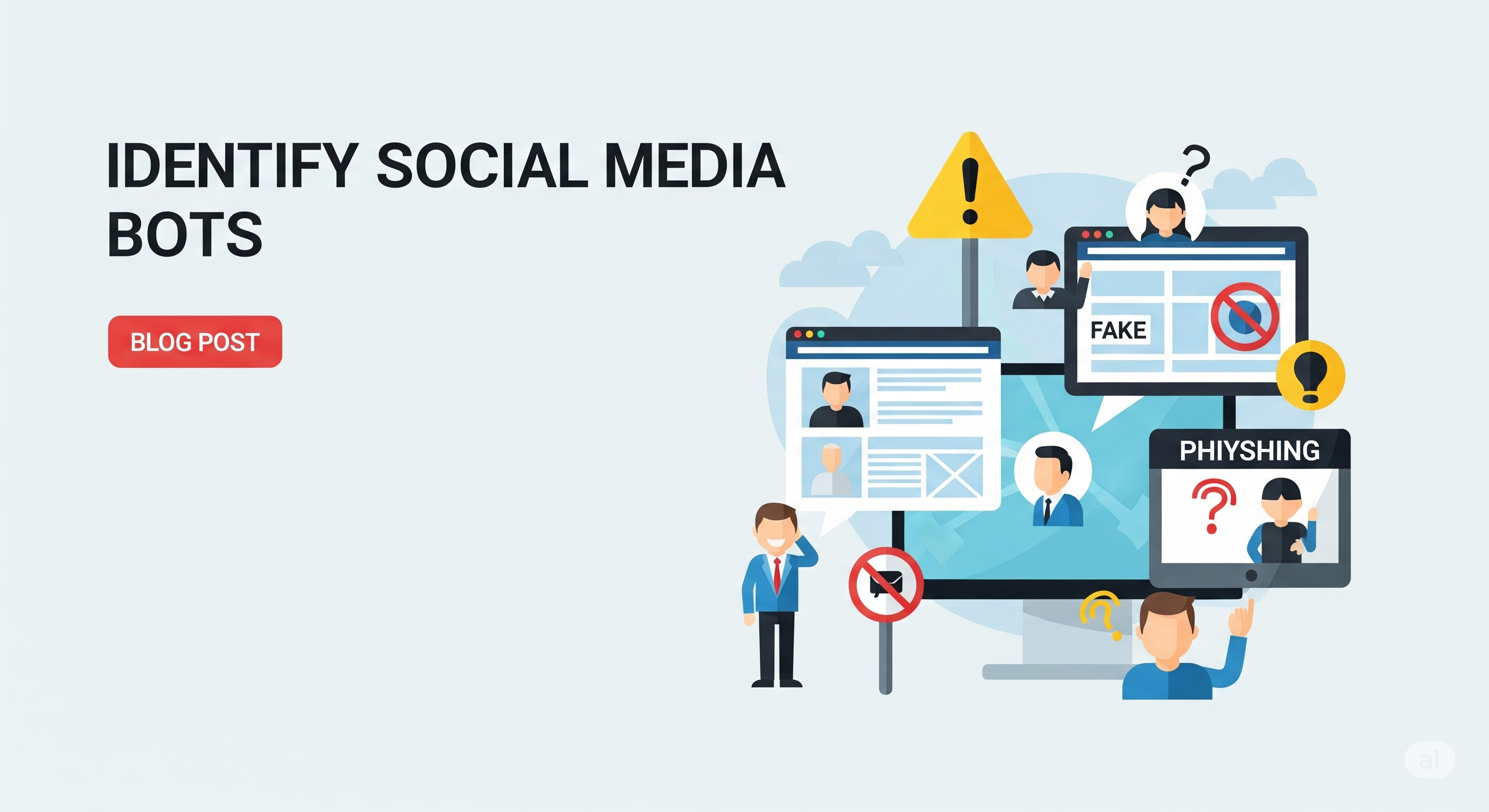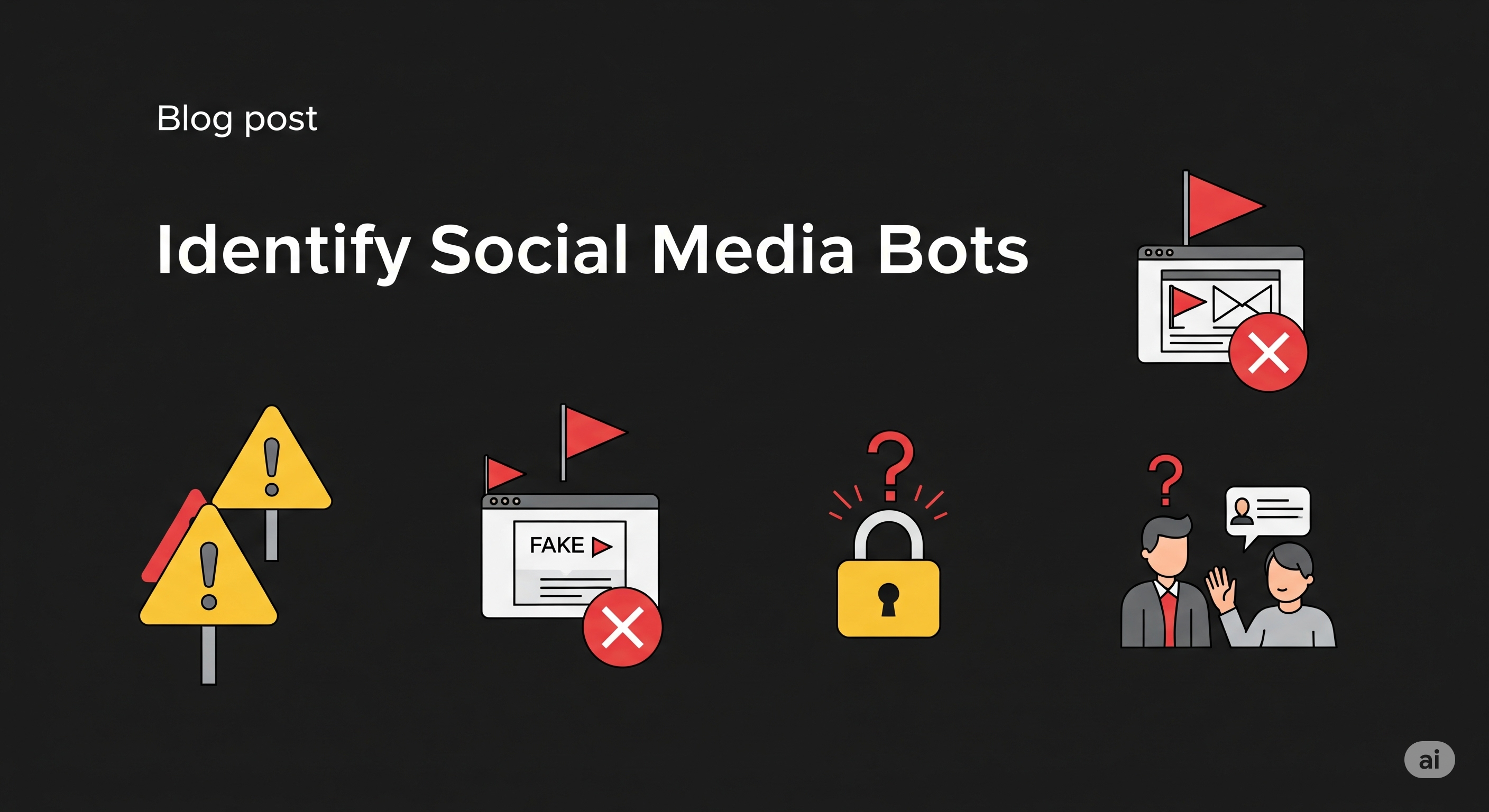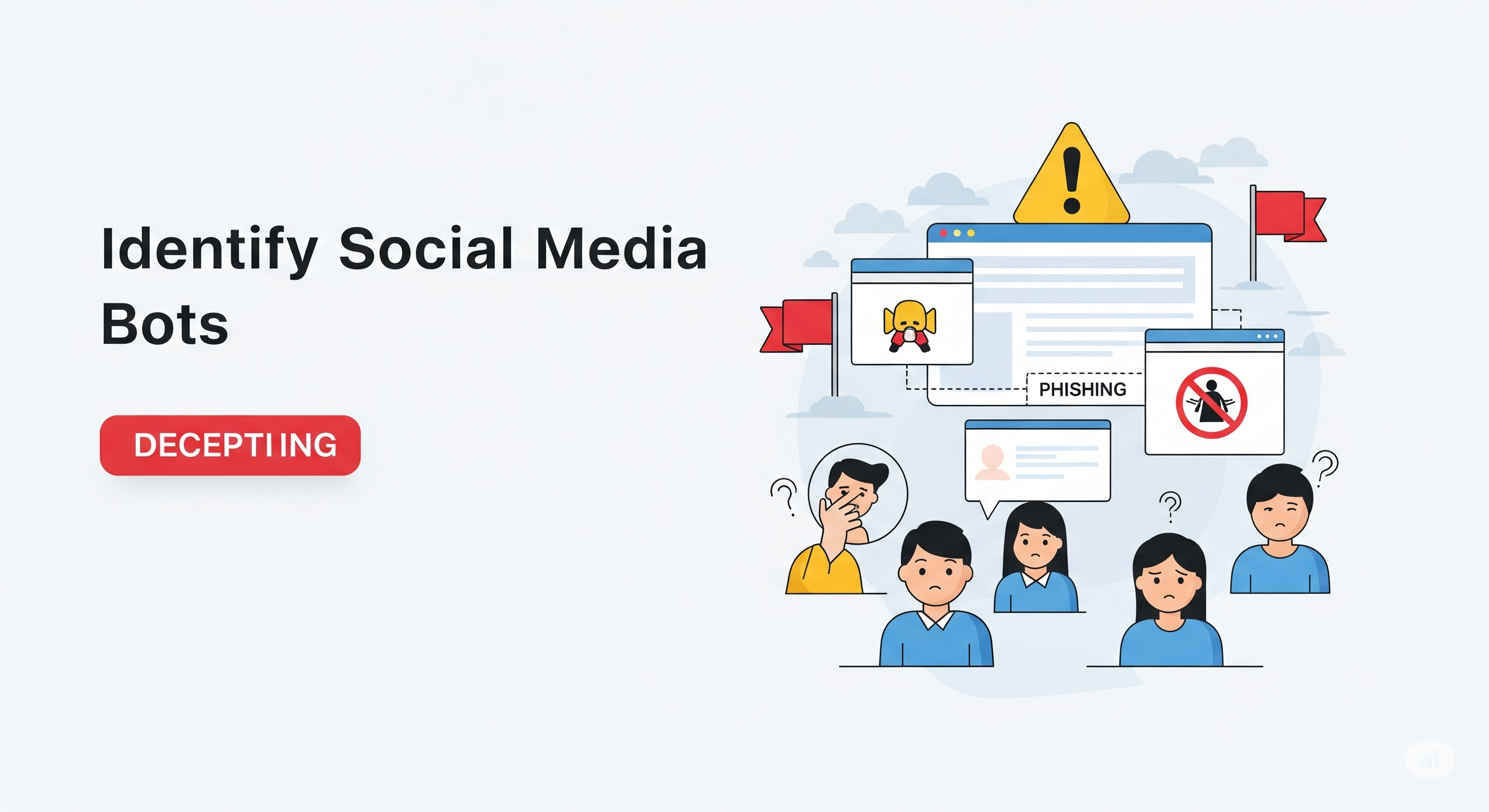Tips & Support
Identify Social Media Bots
Identify Social Media Bots
By Admin
Related Topics

Deal Timing Guide
Have you ever purchased anything and then seen it go on sale a few days later nbsp Or hurried into......
Read More

Uncovering T and C Scams
When we see extensive convoluted Terms amp Conditions T amp Cs most of us just click I agree without thinking......
Read More

Dishonest Product Review Videos
Video reviews are all over the place these days on sites like YouTube TikTok Instagram and Facebook nbsp We use......
Read More

Cognitive Bias Traps
We make dozens if not hundreds of choices every day without even recognizing it nbsp Our brains are always sifting......
Read More

Deal Timing Guide
Have you ever purchased anything and then seen it go on sale a few days later nbsp Or hurried into......
Read More
Uncovering T and C Scams
When we see extensive convoluted Terms amp Conditions T amp Cs most of us just click I agree without thinking......
Read More
Dishonest Product Review Videos
Video reviews are all over the place these days on sites like YouTube TikTok Instagram and Facebook nbsp We use......
Read More
Cognitive Bias Traps
We make dozens if not hundreds of choices every day without even recognizing it nbsp Our brains are always sifting......
Read More


